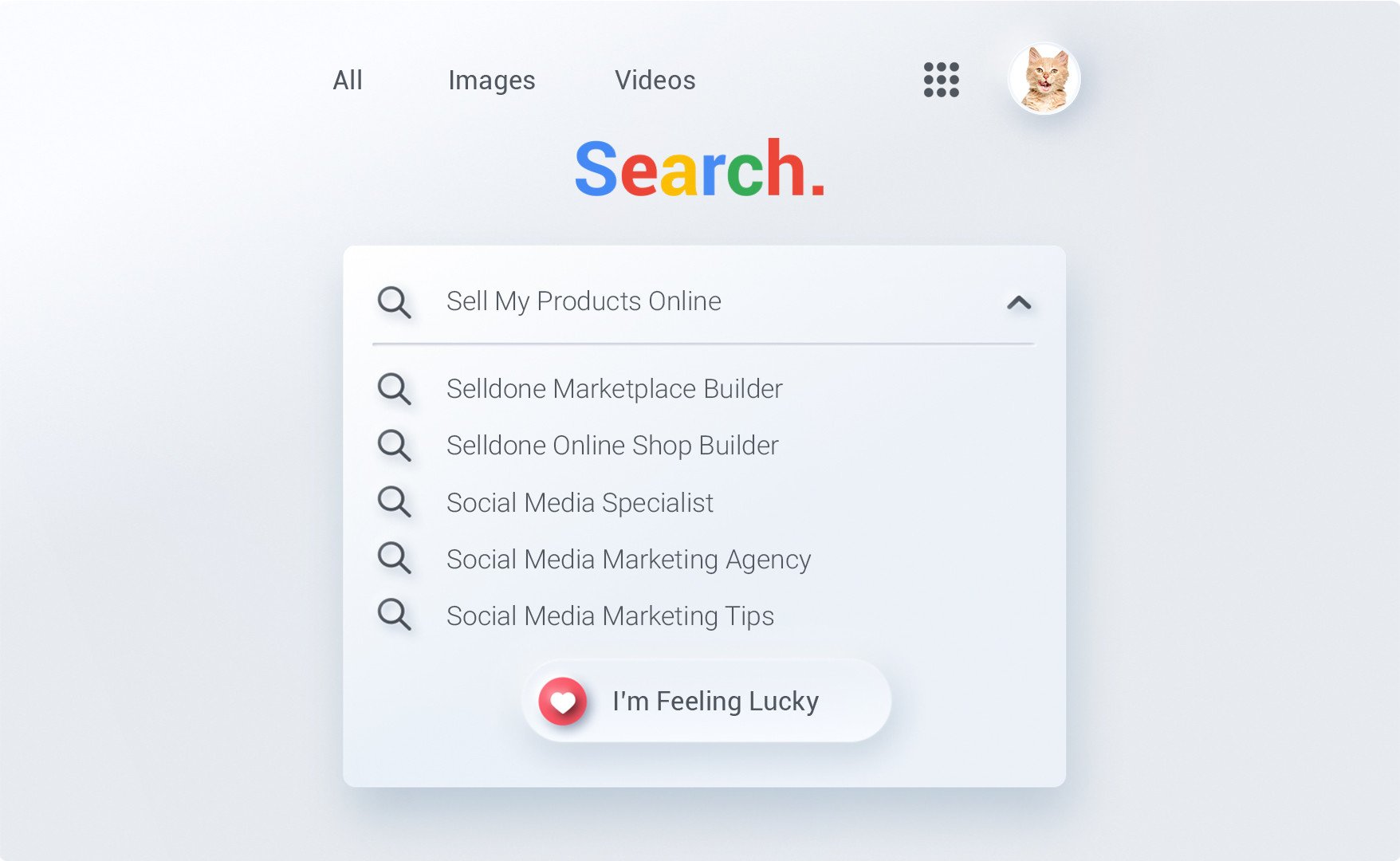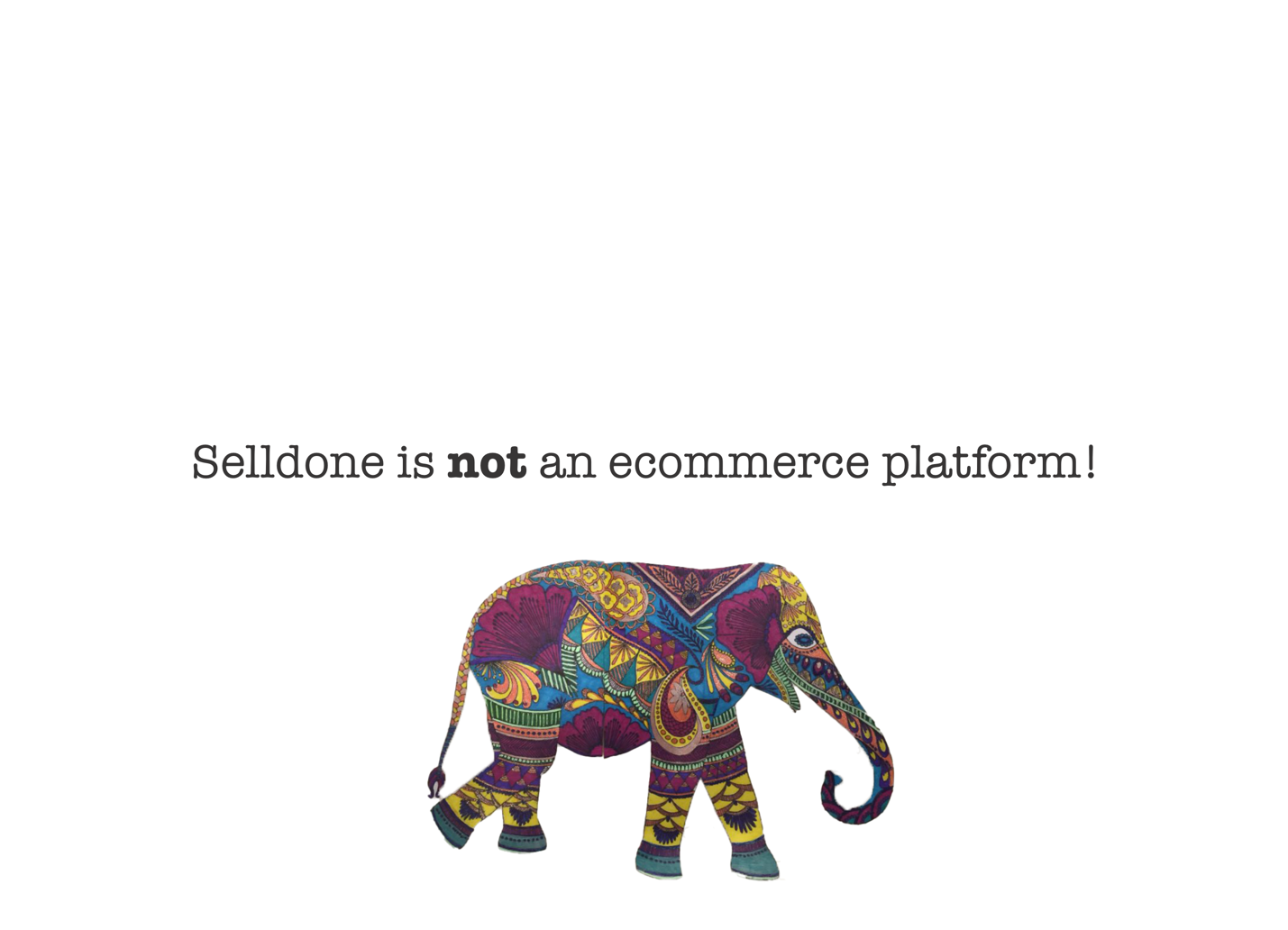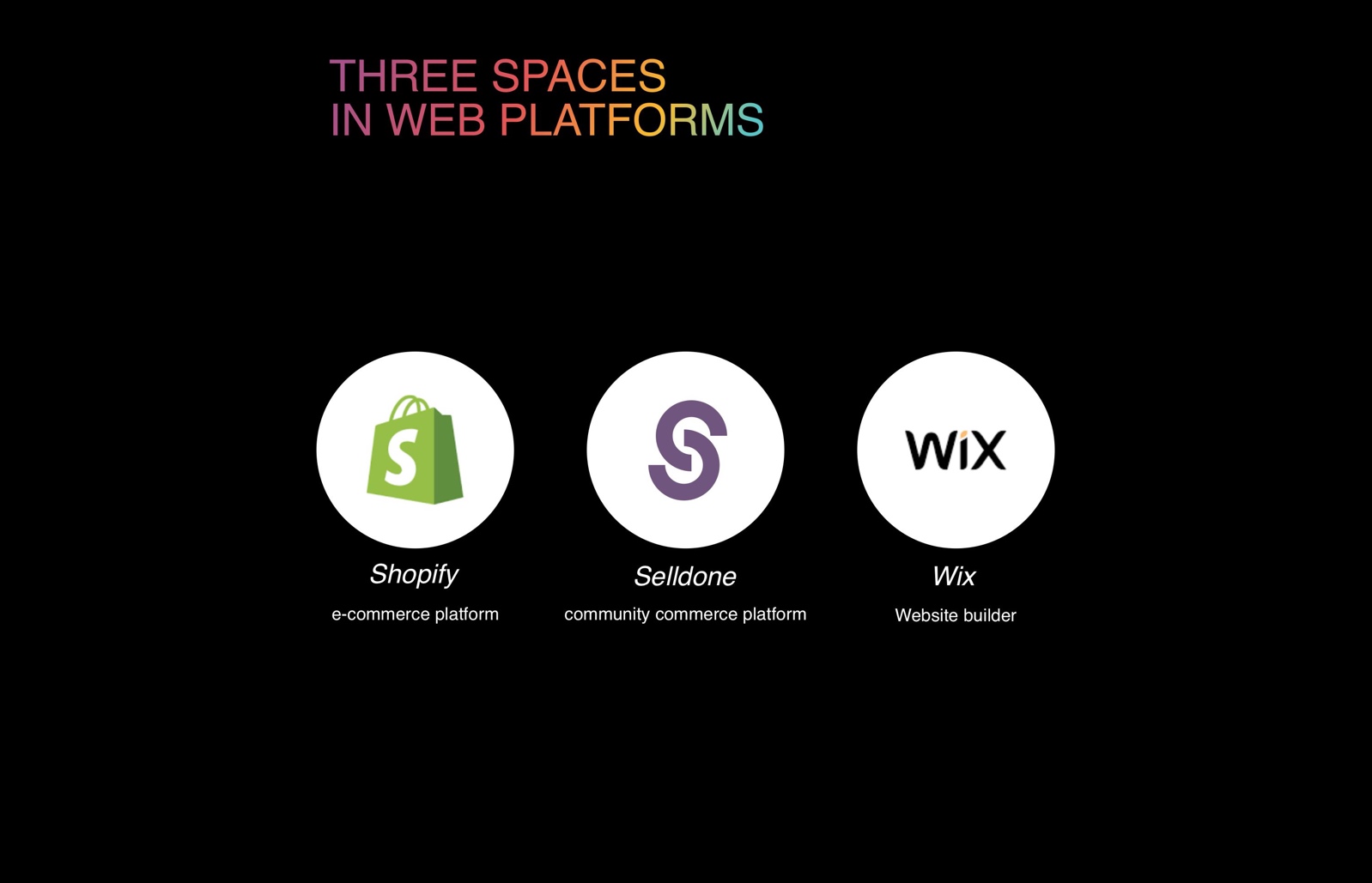10 Killer tips to get a higher ranking in Google

In today’s world, having a well-constructed digital footprint is an important part of marketing. The more you communicate out with your target group, the more probable Google will notice your name and expose your sites to its customers when they seek terms and phrases in relation to the goods and services you sell. Of fact, being on page one of search engine results pages isn't relatively that easy. It takes more than only being visible in many places online; while you are attempting to discover how to get your website ranking higher on Google. You should focus on your content and develop user experiences that are more valuable, useful, and regular than your rivals. have a look at the Landing Page Builder service to get the idea.
The insider's checklist: secrets to achieving high rankings on google and SEO success
It's important to note that SEO is a continuous process that requires
patience, persistence, and a good understanding of the search engine
algorithms. There is no magic trick or shortcut to achieve high rankings
overnight, but implementing this checklist and continuously improving
your website, you can increase your website's visibility in search
results. Here is a checklist of secrets about getting a better rank in Google and SEO that only a few successful businesses do:
Understand the intent of the search query: Successful businesses understand the intent behind the search query and create content that aligns with that intent.
Optimize for the user first: Successful businesses prioritize the user experience over search engine rankings and make sure that their website is easy to navigate, loads quickly and provides all the necessary information to the user.
Create high-quality, unique and relevant content: Successful businesses create high-quality, unique and relevant content that not only answers the search query but also provides value to the user.
Use keywords naturally: Successful businesses use keywords naturally in their content, meta tags and URLs, rather than stuffing them in unnaturally.
Optimize images and videos: Successful businesses optimize images and videos with relevant keywords, alt tags and captions to make them more discoverable in search results.
Improve website speed: Successful businesses understand that website speed is a ranking factor and make sure that their website loads quickly by optimizing images, reducing the number of HTTP requests and using a Content Delivery Network.
Build high-quality backlinks: Successful businesses acquire high-quality backlinks from authoritative websites to increase the trust and authority of their website.
Optimize for mobile: Successful businesses optimize their website for mobile devices as mobile optimization is an important ranking factor.
Use structured data: Successful businesses use structured data to help search engines understand the content of their website and provide rich snippets in the search results.
Monitor and adjust: Successful businesses monitor their website's performance and adjust their strategy to optimize for the ever-changing search engine algorithms.
1. Write relevant articles
Like many other aspects of life, you should prioritize the quality of your material over the number of articles you produce. Yes, you should post blogs and social updates on a regular basis, but you can't just throw words into the universe for the sake of throwing words into the world; to reach your site to the top of Google means making great content that particularly meets users' purpose when they're looking for information online.
Phrases and keywords should be addressed for each page and article, but don't go overboard with a long list of keywords; it might be difficult to rank highly for so many distinct possibilities. Instead, choose a primary keyword and one or two subsidiary keywords to base your content around. If you want to rank for some keywords, establish a new page for each phrase and publish blog entries on each particular subject. Google also considers the timeliness of your material, which means it should be updated on a frequent basis. Evaluating how recently your articles and web pages were posted is one of the variables the search engine examines when assessing if your pages are relevant to their readers. It is critical to have new material being distributed to the globe on a regular schedule.
2. Tell google which keywords you’re targeting
When attempting to realize how to better your Google ranking, you must do your part to expedite the process. Google's crawlers are in charge of determining what each site on the internet has to offer in order to develop an orderly index of this material and rapidly provide relevant results when users type something into the search box. As a result, it is critical to make it as straightforward for Google to scan your site as feasible by strategically inserting keywords.
3. Make it friendly for voice search
According to Perficient research, 55 percent of respondents believe voice search is one of the top three ways people look for information online. Many individuals prefer speaking through their phones or voice assistants to any other approach. Consequently, you should ensure that your site is designed for voice search so that people can find your company even when they aren't typing their queries. It is crucial to notice that people say things differently when using voice search, so combine your keywords into full and flowing sentences that stream in a natural, conversational way.
4. Optimize your photos
Graphics and other photos are great assets to your website. However, if you want these pictures to boost your SEO ranking, you must ensure that they are correctly optimized. I'm talking about things like file type and size. Large pictures might slow down your website speed, which, as previously said, affects your rating. Optimize your photographs by resizing or compressing them. By naming your photos appropriately, you can also utilize them to sneak in keywords. Assume you have a website that offers handcrafted items. Instead of calling a picture "straw hat 1," you might call it "best hat for beach time." You may also carefully employ keywords in your object's title, caption, or summary.

5. Generate backlinks more and more
Backlinks are links from another site that direct visitors to your own. Backlinks are significantly weighted by Google throughout the ranking process since websites that are linked, in principle, give information that another site deems useful. As a result, heavily backlinked sites are seen favorably by the search engine. Incoming links help your site's domain authority. Your domain authority measures how meaningful your website is in your sector. The better your domain authority score, the more likely you are to rank well during the SERPs.
6. Include more than just text.
Your website's material should not be limited to written words. Images, as previously said, are useful, but there is more you can do to promote your SEO ranking. Think about adding extra multimedia components to your sites, such as movies, slideshows, or audio. All of these can contribute to a better user experience. It is far more convenient to see something than to read about it. However, there is a clear link between videos and other forms of multimedia on your site and its SEO rating. These features may significantly increase the amount of time a visitor spends on your website. People may stay on your page for many minutes depending on the duration of your videos.

7. Enhance the UX of your website
Google is unlikely to suggest you to its users if your bounce rate is too high. What would cause visitors to abandon your website as soon as they arrive? There are numerous things, but if it isn't user-friendly, you'll lose the attention of the audience before they've even begun to become familiar with your business. Creating a robust user experience is a multifaceted undertaking that encompasses every area of your website that users touch and engage with, but here are some key things to consider:
- Page loading time – The longer it lasts for your web pages to load, the more probable it is that you will lose visitors. According to Google, increasing the page load time from one to three seconds raises the likelihood of bounce by 32%. To maximize page performance, your site should load in less than two seconds.
- Navigation – People should be able to seamlessly navigate your website. Your viewers will likely grow dissatisfied and depart in search of better options if there is no obvious navigation.
- Mobile-Friendly – Today, mobile searches outnumber desktop searches, so your site must reach consumers where they are. Your website's style must be seamless and adaptable to various sorts of devices.
8. Provide relevant contact information
Speaking of seeming unreliable, have you ever tried to discover a company's contact us on a website? All of your contact information should be visible and easy to access. The worst-case scenario is that people start reporting your site just because you neglected to put your phone number, email address, and location. This will annihilate your SEO.
9. Create enticing titles and descriptions that people will click.
The first thing you should memorize about making titles for search engines is: Your headline may only be 65 characters long. You might write the best headline ever, but if it exceeds 65 characters, it will be chopped off. Here are some more indicators to consider while developing click-worthy titles:
- Front-load your titles with keywords – All of your keywords should be front-loaded in your titles. People usually just read the first two words of a title.
- Maintain predictability — Your title should link to a page that fits the user's expectations.
- Clear — 65 characters or less is the best title, the audience should understand what your webpage is about.

10. Build an excellent meta description.
Google has made this simple by providing advice on how to write effective descriptions. The following are the three most important:
- Make them detailed — Include keywords that are pertinent to the content at the beginning. If you enjoy mathematics, try asking " Why? When? Who? What? Where? How?” That is a formula used by journalists to report. It also works nicely when writing descriptions.
- Make them unique — Each meta description should be distinct from the descriptions on other pages.
- Make them as brief as possible — Google limits meta descriptions to 160 characters or less.
Why is my website not ranking on google despite having quality content?
There are several reasons why a website's pages may not be ranking well on Google, even if they contain quality content. Some common reasons include:
Lack of backlinks: Backlinks, or links from other websites to your site, are a major factor in determining a website's search engine rankings. A lack of backlinks may indicate to Google that your site is not as authoritative or valuable as other sites.
Poor website structure: A poorly structured website can make it difficult for search engines to crawl and index your pages. This can lead to poor rankings, even if your content is high-quality.
Technical issues: Technical issues, such as broken links, duplicate content, or slow page load speeds, can prevent your pages from ranking well on Google.
Lack of keyword optimization: Not including relevant keywords in your page's content, meta tags, and URLs can make it difficult for Google to understand what your page is about and where it should be ranked in search results.
Unfavorable on-page SEO: On-page SEO is the practice of optimizing individual web pages in order to rank higher and earn more relevant traffic in search engines. This can include optimizing the title tags, meta descriptions, header tags, and images.
Google Penalty: If your website has been penalized by Google, it will not rank well, even if it contains quality content. Penalties can be caused by a number of factors, such as spammy backlinks or keyword stuffing.
Competition: Even if you have a well-optimized website with high-quality content, you may still be facing stiff competition from other websites in your niche.
Freshness of content: Google values fresh and updated content, so if your content is not frequently updated, it may not rank well in search results.
It's important to note that ranking well on Google is a complex process that involves many factors. In order to improve your website's search engine rankings, it's important to continually work on improving your website's content, structure, and technical performance, and to actively engage in link building, keyword optimization and on-page SEO.
Make Your Business Online By The Best No—Code & No—Plugin Solution In The Market.
30 Day Money-Back Guarantee
Say goodbye to your low online sales rate!
What are the factors that affect my ecommerce website's Google ranking?
The main factors that affect a website's ranking on Google include:
- Relevance: The relevance of your website's content to the search query
- Quality of the content: The quality and uniqueness of your website's content
- User experience: The quality of the user experience on your website
- Backlinks: The number and quality of links pointing to your website
- On-page SEO: The optimization of elements on your website's pages, such as title tags, meta descriptions, header tags, and images
- Technical SEO: Technical issues, such as broken links, duplicate content, or slow page load speeds
- Mobile optimization: The optimization of your website for mobile devices
How can I improve my ecommerce website's Google ranking?
- Create high-quality, unique, and relevant content
- Improve the user experience on your website
- Acquire high-quality backlinks to your website
- Optimize your website's pages for on-page SEO
- Fix technical issues on your website
- Ensure that your website is mobile-optimized
How important is keyword research for my ecommerce website's Google ranking?
Keyword research is essential for understanding what your target audience is searching for, and how to optimize your content to attract that audience.
How can I improve the user experience on my ecommerce website?
- Make sure your website is easy to navigate
- Ensure that your website loads quickly
- Provide detailed product information and high-quality images
- Make the checkout process easy and secure
- Offer excellent customer service
How often should I update my ecommerce website's content?
It's recommended to update your website's content regularly, Google values fresh and updated content. A blog is a great way to add fresh content to your website.








